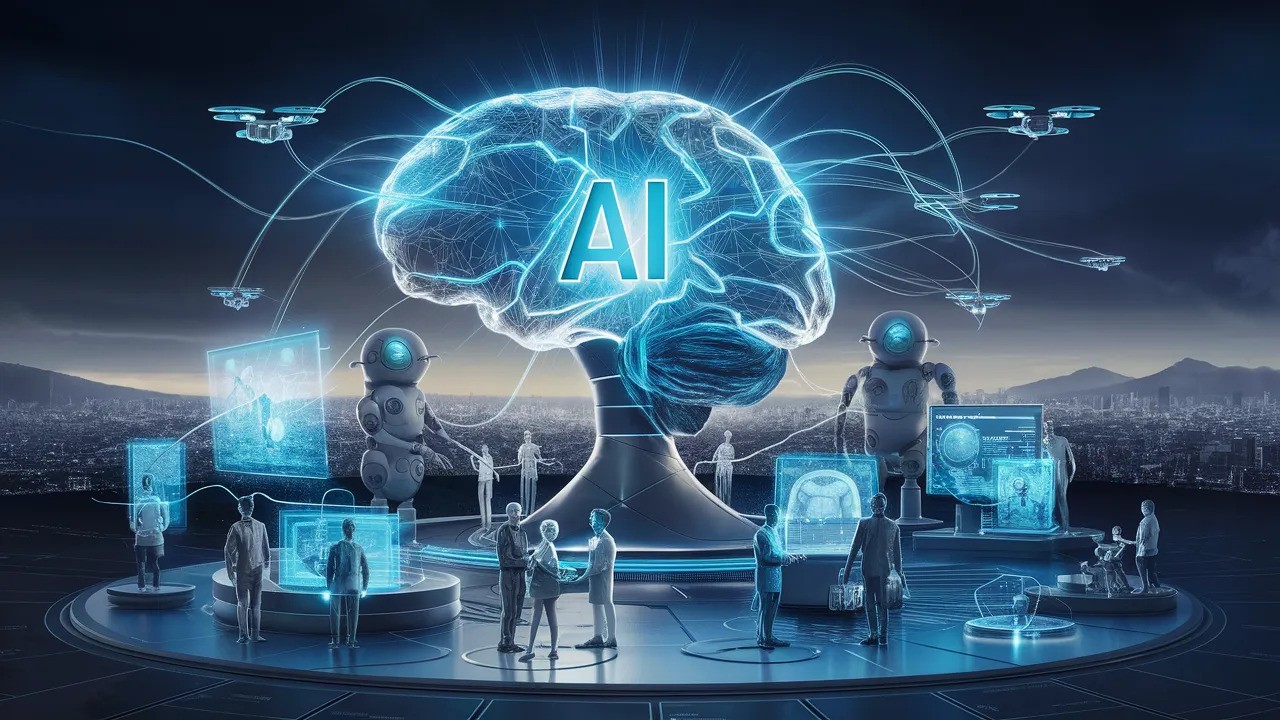Finding a Career Using AI: How Technology Is Shaping the Future of Job Hunting

Finding a Career Using AI: How Technology Is Shaping the Future of Job Hunting
In today’s rapidly evolving job market, artificial intelligence (AI) is playing a transformative role—not just in the kinds of careers available, but in how we find them. From smart résumé builders to predictive job matching and skill development tools, AI is helping job seekers make more informed decisions, faster and with greater precision. Here's how AI is changing the landscape of career exploration and how you can harness its potential to find the right path for you.
1. Smart Career Assessment Tools
One of the first steps in finding a career is understanding your strengths, interests, and values. Traditional career assessments often relied on static personality tests and career inventories. Today, AI-powered platforms analyze a broader range of data—from your academic history and work experiences to how you respond to interactive questions—to offer highly personalized career recommendations.
These tools don’t just tell you what career might fit; they also explain why it’s a good match, using language and examples tailored to your background and goals.
2. AI-Powered Job Matching
Once you have a sense of your career direction, AI helps match you with job opportunities in real time. Platforms like LinkedIn, Indeed, and ZipRecruiter use machine learning algorithms to understand both job descriptions and user profiles at a deeper level. They consider not only your skills and experience but also industry trends, location preferences, salary expectations, and more.
Some platforms even predict your likelihood of getting hired for a role and suggest how you could improve your chances—whether by adding a certification, updating your résumé, or adjusting your job search strategy.
3. Résumé and Cover Letter Optimization
AI tools like Rezi, Jobscan, and ChatGPT are revolutionizing how candidates craft their résumés and cover letters. These tools can:
Tailor your résumé to specific job descriptions
Optimize formatting and keyword usage for applicant tracking systems (ATS)
Provide real-time feedback to improve clarity, tone, and impact
By aligning your documents with employer expectations, AI helps you get past initial screening stages that often weed out qualified candidates due to simple formatting or wording issues.
4. Skills Gap Analysis and Learning Recommendations
AI doesn’t just help you find jobs—it also helps you grow into them. Platforms like Coursera, LinkedIn Learning, and Khan Academy use AI to assess your current skills and suggest learning paths tailored to your target roles.
For example, if you’re aiming for a job in data science but lack experience with Python or SQL, the platform can generate a customized learning plan with estimated timelines, exercises, and even practice projects. This means you’re not just searching for jobs—you’re actively preparing for them.
5. Interview Preparation with AI
Preparing for interviews is another area where AI is making a big difference. Tools like Yoodli and Interview Warmup (by Google) use AI to simulate interviews, analyze your responses, and offer feedback on:
Verbal delivery (e.g., filler words, tone, pace)
Content relevance
Behavioral question structure (e.g., STAR method)
This gives candidates a safe, low-stakes environment to practice and improve their interview skills.
6. Navigating the Human-AI Balance
While AI offers powerful tools, it’s not a replacement for human insight. Career decisions are deeply personal, and emotional intelligence, mentorship, and real-world experience still play a crucial role. Think of AI as a co-pilot—it can guide you, show shortcuts, and help you avoid pitfalls, but you’re still in the driver’s seat.
Conclusion
AI is reshaping the way people explore, prepare for, and land careers. Whether you're a recent graduate, a mid-career professional, or someone considering a career change, using AI tools strategically can give you a significant edge. By combining technology with self-reflection and human guidance, you can take control of your career journey—and move forward with confidence.
Tips to Get Started:
Use AI-powered résumé scanners before submitting applications
Try a career-matching quiz based on machine learning
Take an AI-generated learning plan and commit to a new skill
Practice mock interviews with speech analysis tools
The future of work is already here—and AI can help you find your place in it.
